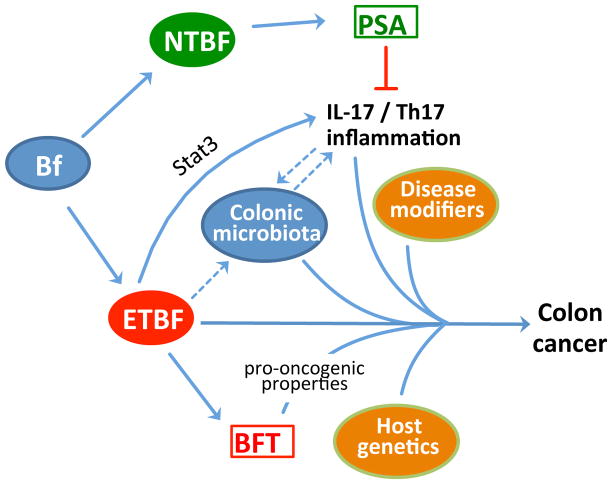Figure 3. The “alpha-bug” hypothesis in colon cancer.
Nonenterotoxigenic strains of B. fragilis (NTBF) are usually symbionts and those expressing polysaccharide A (PSA) have been shown to inhibit IL-17- and Th17-mediated immune responses. On the other hand, enterotoxigenic strains of B. fragilis (ETBF) activate Stat3 signalling in the colon leading to IL-17- and Th17-dependent inflammation, which is required for colonic hyperplasia and tumor formation in the multiple intestinal neoplasia (Min) mouse model. Although ETBF secretes a pro-oncogenic toxin (BFT), the participation of the colonic microbiota is necessary for colon carcinogenesis. According to the “alpha-bug” hypothesis, ETBF remodels the colonic microbiota and co-opts it in a collaborative manner to induce colon cancer in combination with disease modifiers and host genetics. It is currently unclear exactly how ETBF influences and interacts with the colonic microbiota to promote carcinogenesis. Moreover, it is uncertain whether the microbiota is modulated by Th17 inflammation or, conversely, contributes to its induction (hypothetical connections indicated by dashed arrows).

